Rebuilding the revolution: Maoist Center faces critical crossroads
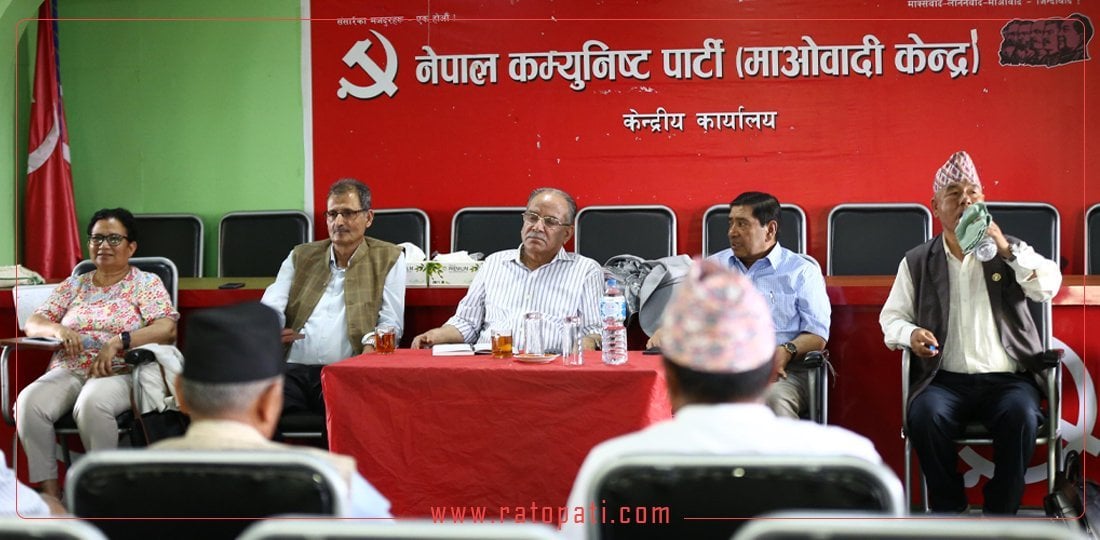
Kathmandu: After being removed from power roughly 19 months into the current parliamentary term, the Maoist Center is engaged in serious internal debate about its current situation and party structure. Spokesperson Agni Prasad Sapkota reported that discussions are taking place at the party's central office in Paris Danda, which started on Friday. These discussions focus on recent political developments, the party’s weaknesses, the evolution of ideas, and future plans for party building.
Sapkota explained that the debate is concentrating on the current situation and how to build the party. “The Chairman has addressed all ideological, political, and theoretical concerns. The discussions aim to determine the party’s new strategies and how to effectively engage with the public. The final conclusions and new plans are expected to be formulated in the upcoming standing committee meeting and central committee meeting,” Sapkota said.
On June 31, the two major parties, Congress and UML, reached an agreement on seven points, including the removal of the Maoist-led government and advancing constitutional amendments. Following this agreement, UML's KP Sharma Oli has assumed the role of Prime Minister with a two-thirds majority. After the constitution was promulgated in 2014, the Maoists, who had shared power with Congress and sometimes UML, have now become the opposition after ten years in government.
The Maoists are experiencing a major shock from the new power dynamics, having previously believed that the two major parties could never form a coalition. However, now they see an opportunity to address issues of good governance, social justice, and prosperity as they are out from the government.
A significant question has arisen about whether the weakened Maoists can detach from their current leadership and organization to regain strength. Recently, the Maoists have faced criticism due to the lifestyle and behavior of their leaders.
The issue of transitional justice remains unresolved after 18 years since the peace process, leaving families of martyrs, the missing, and disabled veterans without adequate support, complicating matters further. The organizational structure has become loose as leaders remain distant from the public, leading to ideological deviations and internal conflicts.
Party Secretary Ram Karki emphasized the need for a concrete analysis of the situation to develop ideas and build the party accordingly. He argued that understanding the current situation is crucial—whether it demands a socialist revolution or an advancement of the capitalist system—and that the party should address how to uplift its core constituency(laborers and farmers).
Karki questioned why the party has reached its current state and why Congress and UML have managed to isolate the Maoists despite their shared agenda of republic, federalism, and inclusion. He suggested that the party must openly discuss these issues.
Karki also criticized the Communist Party leadership for its silence during its decline. He stated that discussions about the disorder of thought and party formation are ongoing, though he remains unconvinced that the current leadership can effectively develop ideas and rebuild the party.
Sapkota noted that the party’s weakness stems from its failure to communicate its message about the people’s war and republican movement to the 6.1 million people aged 16 to 25. However, he clarified that the meeting did not address leadership options, focusing instead on ideological and political debates.
According to Sapkota, future plans will be based on a scientific socialist movement, considering global, regional, and national factors. He asserted that the party must determine how long the transition period will last and assess the political power balance.
Sapkota also mentioned that a proposal for a left-wing unity with UML and reorganization of the Communist Party was made with honest intentions. He stated that only after the meeting would it be possible to determine the rationale behind breaking ties with Congress.
On the first day of the meeting, senior vice chairman Narayankaji Shrestha, deputy general secretary Barshaman Pun, and other leaders stressed the need for idea development based on a concrete analysis of the situation. They noted that while the Maoist-led government had made progress in governance, social justice, and prosperity, the situation forced them to leave the government. They believe the party should now return to the people for transformation.
Pun criticized Congress and UML for coming together to cover up corruption and distortions. He stated that, after ten years of governance, the party now has an opportunity to join the opposition and should use this time to review and develop ideas for rebuilding.
Vice Chair Pampha Bhusal emphasized the importance of planning for the future through serious discussions on socialist ideas and party building. She indicated that the party is focused on synthesizing ideas for future plans.
Deputy General Secretary Matrika Yadav agreed that the focus should be on idea generation and party rebuilding. He stated that the party should first strengthen itself before seeking unity and cooperation with like-minded groups. He highlighted the need for open discussions on forming alliances and cooperation based on future government policies.





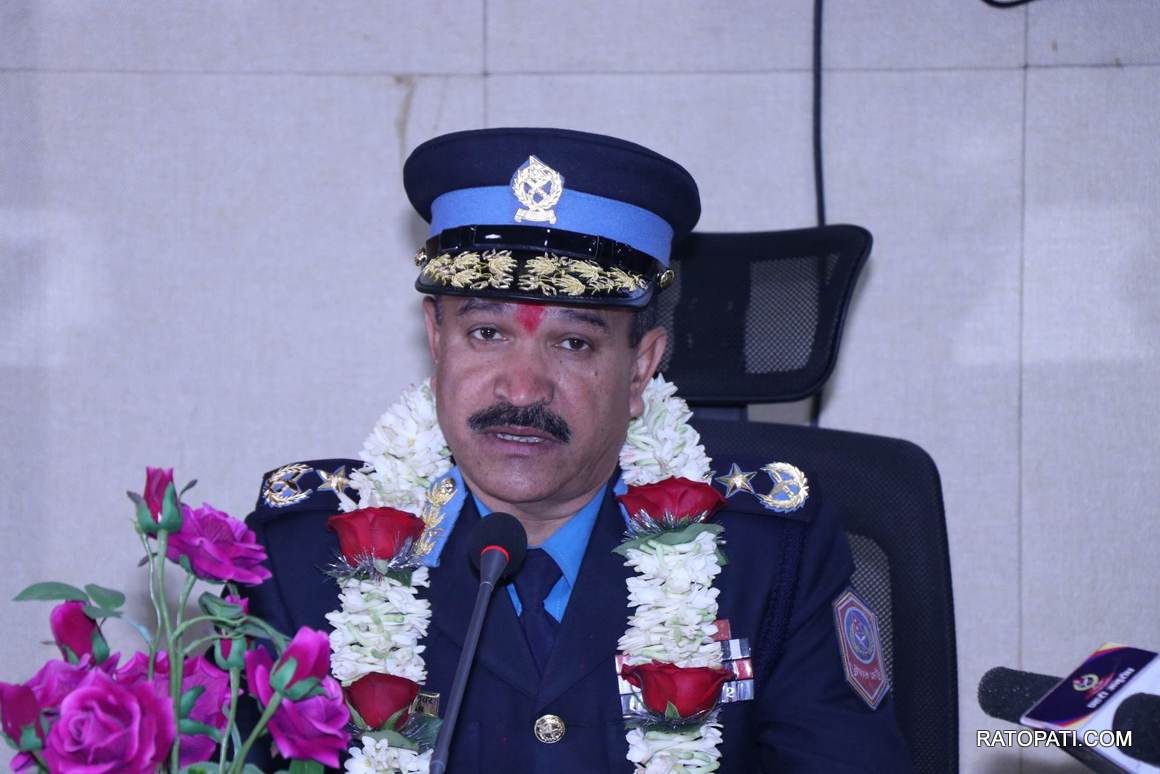
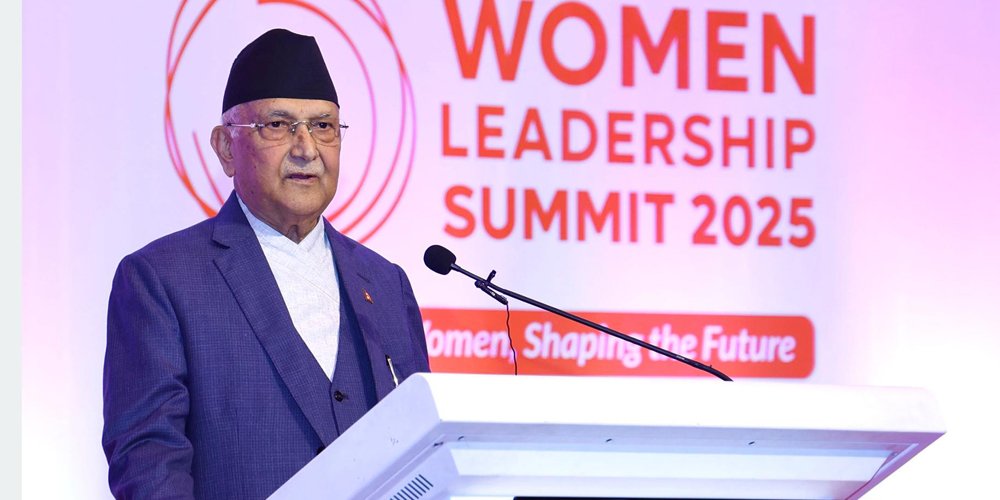
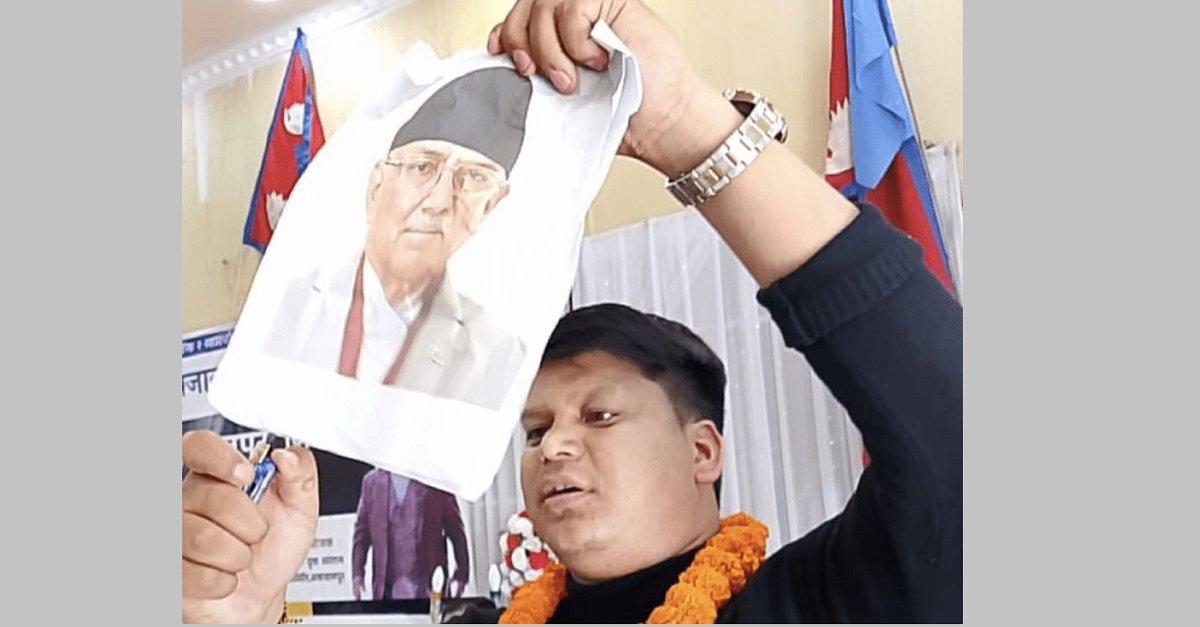
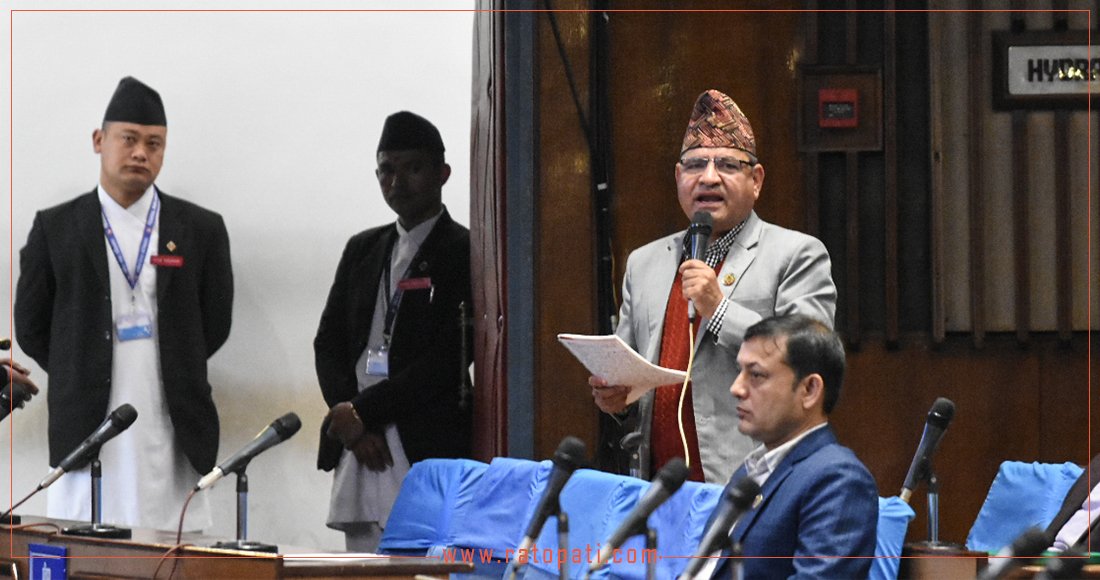
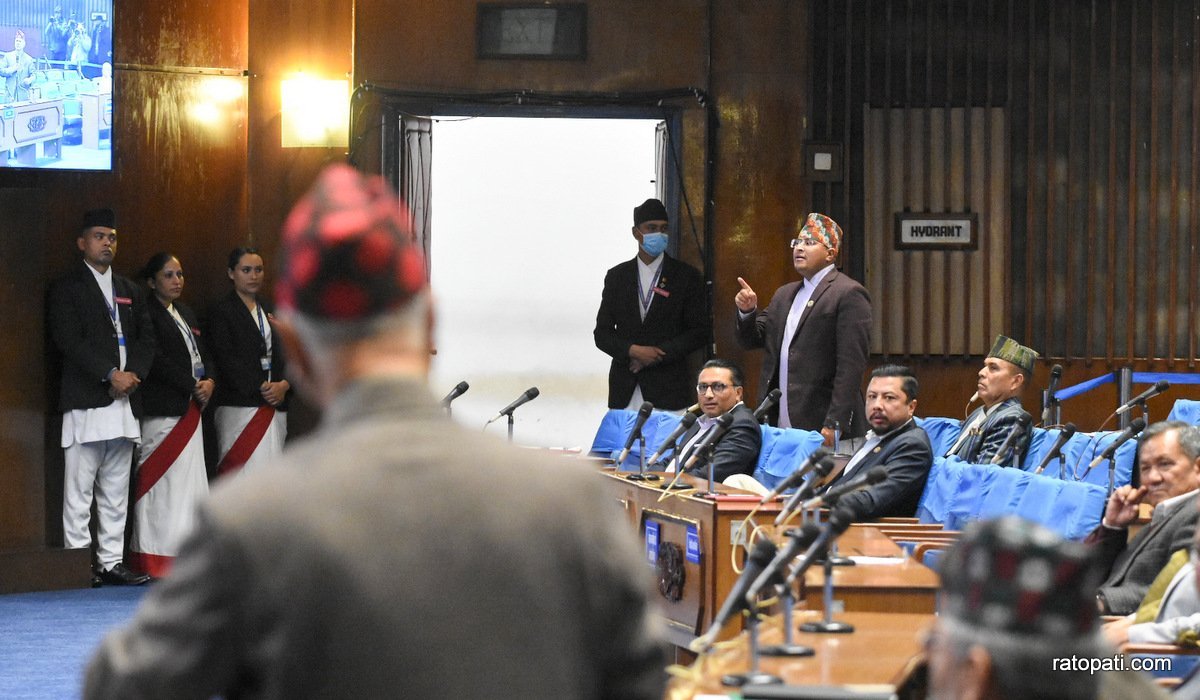
Leave Comment